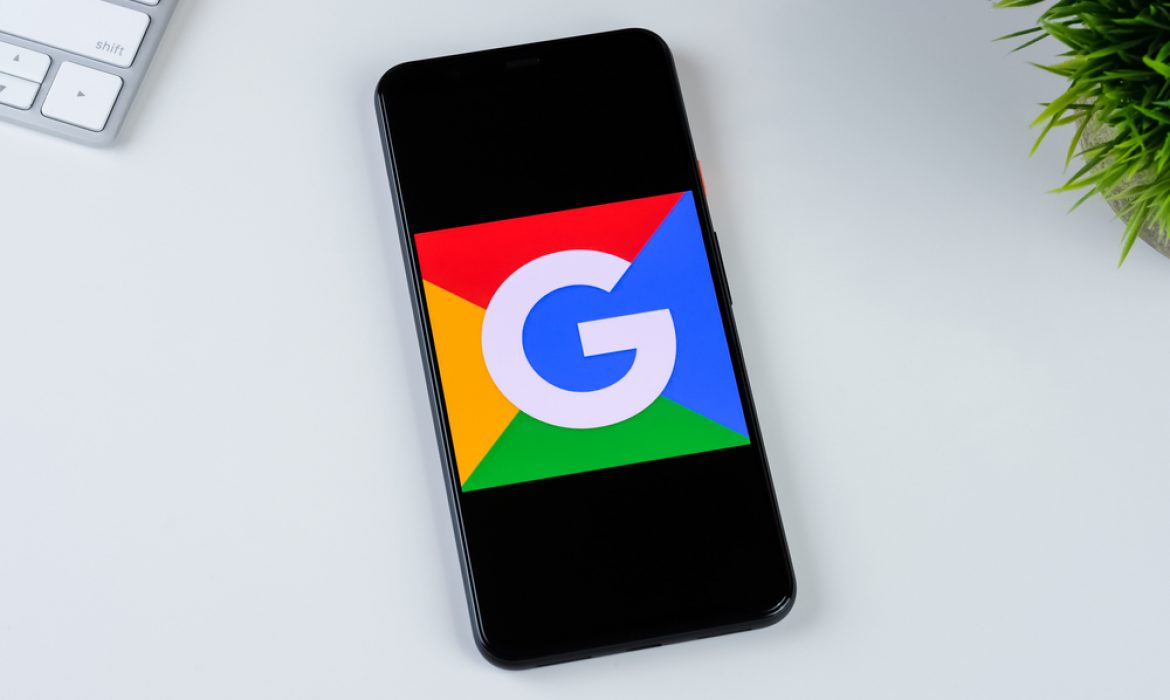Google introduced Project Astra, an innovative AI-powered application that integrates your phone’s camera to identify objects, locate misplaced items, and remember things that are no longer in view. This groundbreaking technology leverages artificial intelligence to process visual and auditory data in real-time, promising to transform everyday interactions with smart devices.
Project Astra utilizes advanced AI to create a virtual assistant that can identify and describe objects, recall their locations, and generate creative responses.
Google’s DeepMind CEO Demis Hassabis highlighted the project’s potential during the keynote, emphasizing the company’s goal of developing universal AI agents capable of assisting in daily tasks.
The demonstration video shared at the conference showcased Astra’s impressive functionalities. In one segment, a user pointed their phone at various office objects, asking the AI to identify sound-producing items. Astra quickly recognized a speaker and accurately described its components, showcasing its ability to understand and respond to contextual queries. Additionally, when asked for a creative alliteration about a cup of crayons, Astra promptly replied with, “Creative crayons color cheerfully. They certainly craft colorful creations.”
Astra’s memory feature sets it apart from other AI tools. The AI assistant can recall past observations, such as the location of glasses left on a desk near a red apple, even when they are out of frame. This capability, demonstrated in the video, highlights Astra’s potential to keep track of important items and information, enhancing productivity and convenience for users.
The video also hinted at a wearable version of Astra, potentially signaling a revival of Google Glass. The wearable device seamlessly integrated with Astra’s AI, providing contextual information and suggestions based on the user’s environment. For instance, when asked how to improve a system’s speed, Astra recommended adding a cache between the server and database. It also made creative associations, like identifying a doodle of cats as “Schrodinger’s cat.”
According to Hassabis, this advanced processing is achieved by continuously encoding video frames and integrating them with speech inputs into a cohesive timeline of events. Astra’s quick response times and enhanced vocal expressions make interactions more natural and conversational, reflecting significant progress in AI development.
While there is no official release date for Project Astra, Google has hinted that some features will be integrated into existing products like the Gemini app later this year.
The potential availability of such an advanced assistant on mobile devices and through new wearable technology represents a significant leap forward in the AI landscape.
For more details, visit the source.
